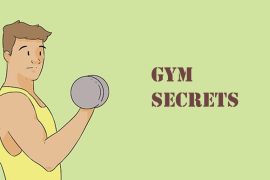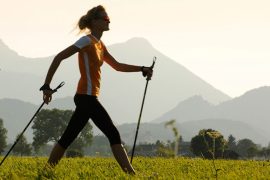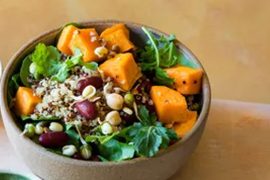In today’s urban environment, where sedentary lifestyles are increasingly common, incorporating regular exercise is more important than ever. Cycling, a low-impact and accessible form of cardio, significantly enhances cardiovascular health by raising the heart rate and improving blood circulation. Research published in the American Journal of Cardiology shows that daily cycling reduces the risk of cardiovascular diseases by improving heart function, lowering blood pressure, and optimizing lipid profiles, including increasing beneficial HDL cholesterol and decreasing harmful LDL cholesterol.
Moreover, consistent cycling boosts aerobic capacity, enhancing the body’s efficiency in utilizing oxygen, which improves stamina and endurance. This results in longer periods of physical activity without fatigue and contributes to substantial cardiovascular and muscular endurance over time. The transformative effects of daily cycling extend to both physical and mental well-being, making it a crucial addition to any fitness routine, particularly as we age.
Impact on Muscle Strength, Flexibility, and Overall Fitness:
A daily 30-minute cycling routine can significantly enhance muscle strength, flexibility, and overall fitness.
- Muscle Strength: Cycling primarily targets the lower body muscles, including the quadriceps, hamstrings, glutes, and calves. Regular practice strengthens these muscles, improves endurance, and enhances overall muscle tone. Additionally, the core muscles are engaged to maintain balance and stability, contributing to comprehensive muscular conditioning.
- Flexibility: The repetitive motion involved in cycling helps support joint flexibility, particularly in the knees, hips, and ankles. To further improve flexibility and prevent stiffness, incorporating stretching routines before and after cycling sessions is beneficial, ensuring that the joints remain supple and functional.
- Overall Fitness Levels: Cycling provides a full-body workout that boosts cardiovascular health, enhances muscle strength, and improves joint flexibility. It is also an effective method for weight management. According to Harvard Medical School, a 30-minute cycling session can burn between 200-400 calories, depending on the intensity and individual’s weight, making it a valuable exercise for maintaining a healthy weight.
Mental Health Benefits:
- Stress and Mood Improvement: Cycling helps reduce stress, anxiety, and depression by stimulating the release of endorphins and serotonin, which are natural mood enhancers.
- Exposure to Sunlight: Cycling outdoors provides exposure to sunlight, which helps regulate circadian rhythms and improves sleep quality.
- Cognitive Function: Regular physical activity, including cycling, increases blood flow to the brain, enhancing cognitive functions such as memory, attention, and problem-solving skills.
Potential Risks and Considerations:
Injury Prevention:
- Proper Technique: Although cycling is low-impact, improper technique or overuse can lead to injuries like knee pain, lower back pain, or tendinitis. Ensure your bike is properly fitted, maintain correct posture, and gradually increase the intensity and duration of your rides to prevent such issues.
Safety Measures:
- Helmet and Visibility: Always wear a helmet to protect against head injuries and use reflective clothing or lights to enhance visibility in low-light conditions. Adhere to traffic rules and stay alert to avoid accidents.
Hydration and Nutrition:
- Hydration: Proper hydration is crucial before, during, and after cycling.
- Balanced Diet: Consume a balanced diet that supports energy levels and muscle recovery. A mix of carbohydrates, proteins, and fats is essential for sustaining energy and aiding in muscle repair.
Daily cycling can provide comprehensive benefits, including improved muscle strength, flexibility, overall fitness, and mental health. However, attention to proper technique, safety, and nutrition is essential to maximize benefits and minimize risks.
Disclaimer:
The information contained in this article is for educational and informational purposes only and is not intended as a health advice. We would ask you to consult a qualified professional or medical expert to gain additional knowledge before you choose to consume any product or perform any exercise.







